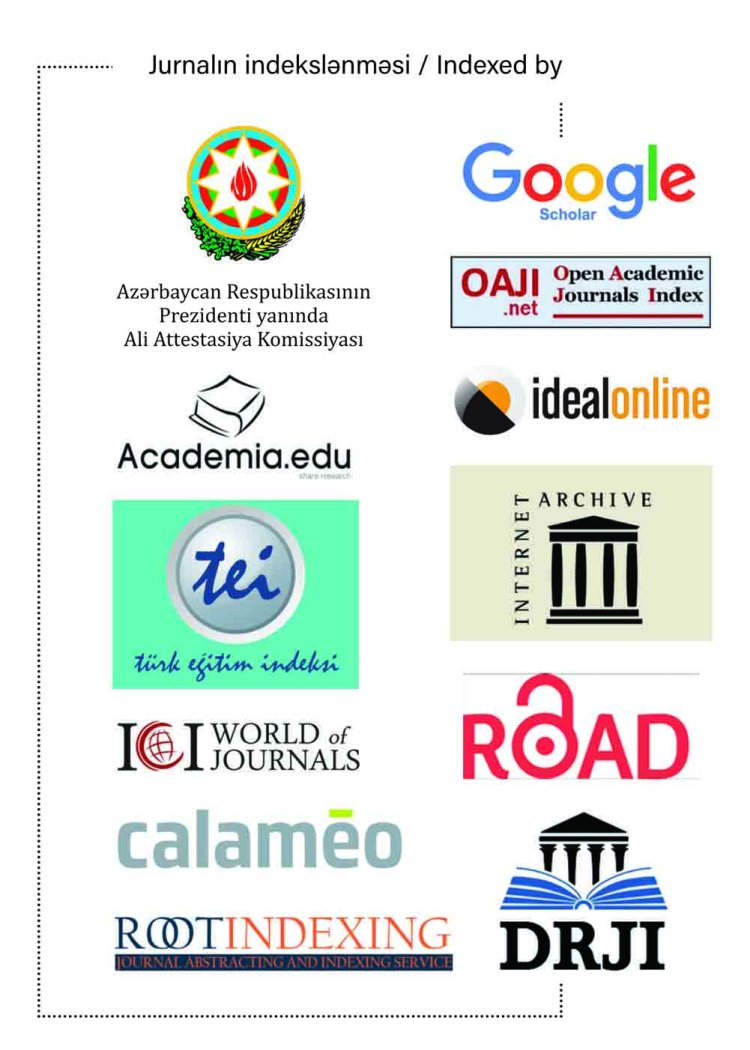INTERPRETATION IN LITERATURE CLASSES
The establishment and development of reading habits in students is considered one of the significant duties of literature education. The formation of a student as a thinking reader of artistic work lasts a long time and requires working hard. The target of achieving success in the direction mentioned before is primarily the development of activity and independence in students. In other words, mastering the appropriate skills to read and analyze literary text is related to the mindset that requires activity and a high level of independent thinking. The formation of an independent approach to the literary text establishes the convenient potential to make “a reader’s image” and become the “second author” of the work. Besides, it makes the basis for the intellectual and spiritual-aesthetic development of students. The importance of organizing students’ interpretation activities in literature classes is also due to the reasons explained in more detail in the article. The article analyzes the essence, types, principles, and ways of application of the concept of interpretation, as well as focuses on case studies.




